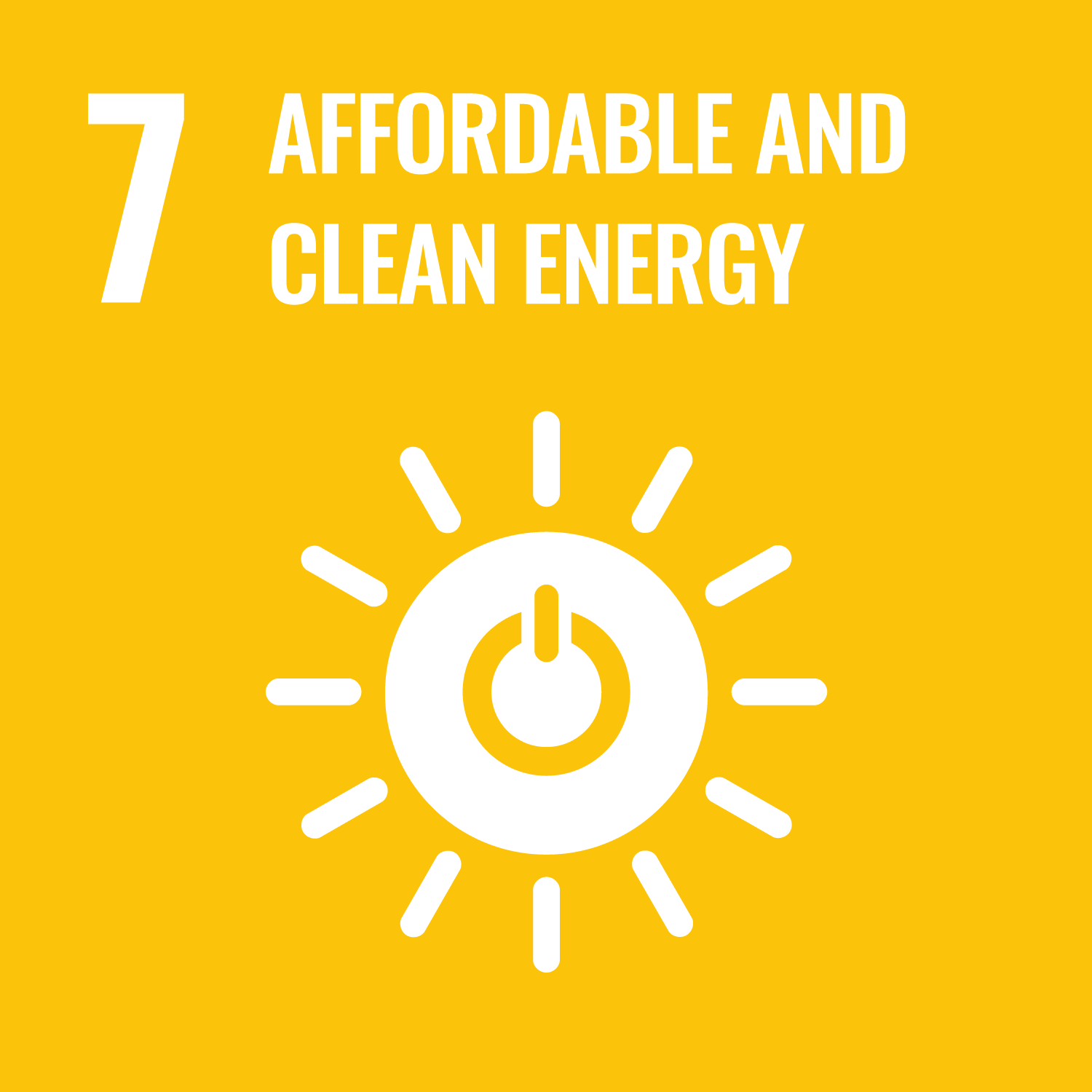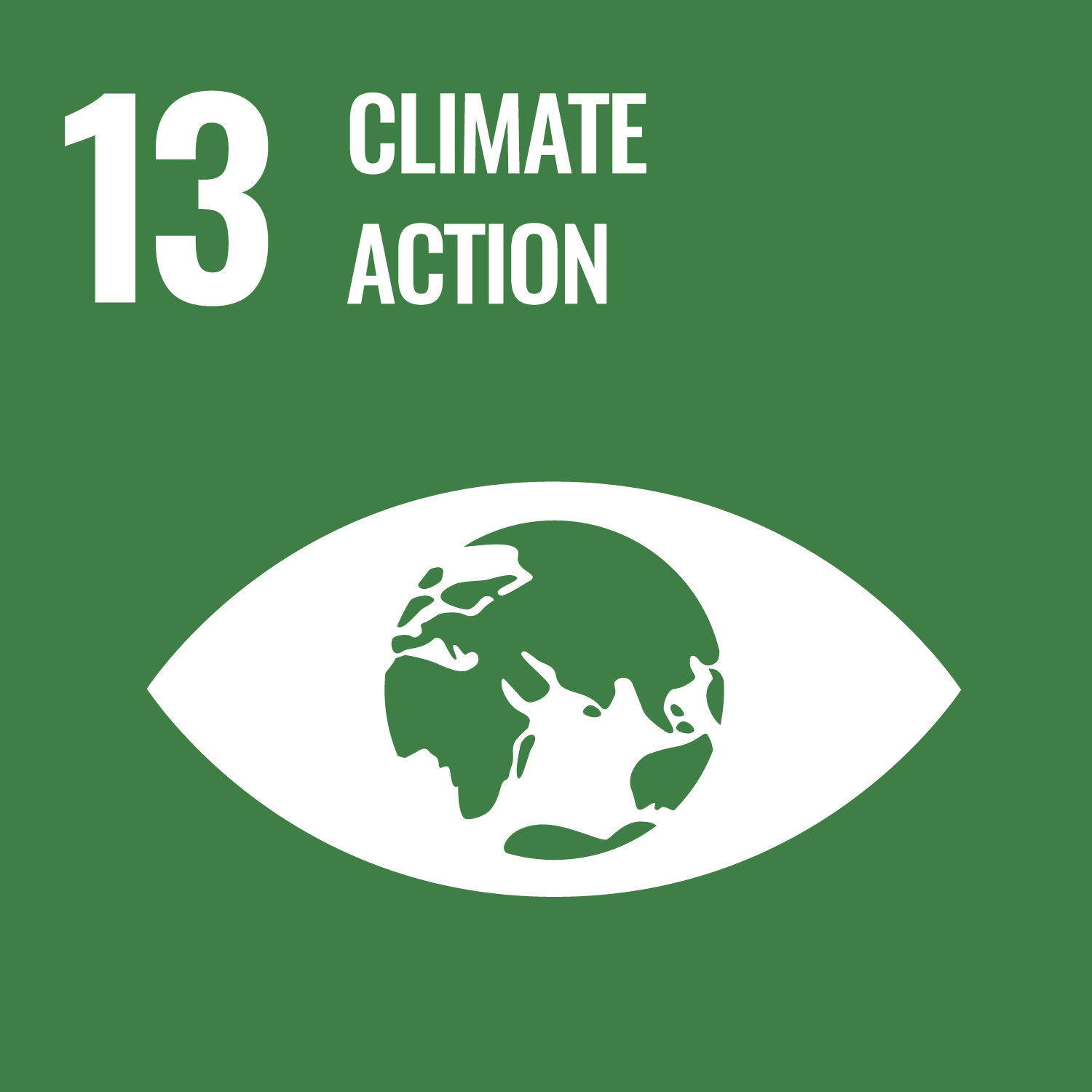Rural Communities Powered by Renewable Energy Solutions
Aligned SDGs



- Rural Communities Powered by Renewable Energy Solutions
- General overview
- Intervention
- Location
- Last data update
- Spreadsheet of data
- Rural Communities Powered by Renewable Energy Solutions
- General overview
- Intervention
- Location
- Last data update
- Spreadsheet of data
General overview
Stage of development: Early stage
Policy sectors: Environment and climate change / Energy
Type of instrument: Impact Bond
Delivery locations: Bangladesh
Country classification: Lower-middle-income
Intervention
Social or environmental challenge
Bangladesh's strategy IEPMP focuses on introducing large power plants, connecting cities to a powergrid. Most of these plants are fossilfuel based. Through this strategy, the focus is on connecting urban areas to the powergrid, overlooking rural areas and communities. Large coal fire power plants have created negative social impacts for communities in the vicinity of the projects (loss of land, forced displacement, destruction of property, loss of livelihoods) and the environment (pollution of air, soil and water, loss of biodiversity). Prime Minister Sheikh Hasina announced Bangladesh's commitment for 40% renewable energy by 2041. Extra efforts are therefore needed. The communities themselves do not have the financial means to set up their own initiatives to connect to the power grid. The Rural Renewable project solves this market failure by connecting the communities to renewable and clean energy and by assisting them in maintenance and livelihoods trainings and developing a sustainable businessmodel.
Description of the intervention
ActionAid leads in demonstrating the synergies between access to energy, economic opportunities, gender equality and climate change, serving as a blueprint for others. This project, "Rural Renewable", proposes to develop a new concept by exploring, together with SFNL the feasibility of an impact bond, funding mini off-grid/hybrid-grid solar based renewable energy systems in poor, rural communities in Bangladesh to enhance sustainable livelihoods and facilitate a just, green energy transition.
Electrification is a key step to enhance the standards of living in the global South. It can enhance basic needs, like access to water and education, and bring benefits to a wide range of local enterprises. Electric lighting increases safety and gives people the opportunity to use the dark hours for studies and recreation. In the global South, lack of access to energy is especially an obstacle to women's and girls' well-being and economic opportunities. Women and girls in rural areas spend a large part of their day collecting fuelwood, which translates not only into continuing poverty and inequality, but also into lost opportunities for education and paid labour.
While at the national level, an average 47% of Bangladeshi homes have access to electricity, this is only 15% in rural areas.
Location
Country:
- Bangladesh
Locality:
- Bangladesh
Last data update
Data for this pipeline project was last updated in March 2024
You might have noticed that some pipeline projects have more data than others. This is because organisations can share as much data as they want with the INDIGO initiative. If you have more data on one of these pipeline projects and would like to share with us, please get in touch at indigo@bsg.ox.ac.uk. Our full list of variables and data definitions can be found here.
Spreadsheet of data
Important Notice and Disclaimer on INDIGO Data
INDIGO data are shared for research and policy analysis purposes. INDIGO data can be used to support a range of insights, for example, to understand the social outcomes that projects aim to improve, the network of organisations across projects, trends, scales, timelines and summary information. The collaborative system by which we collect, process, and share data is designed to advance data-sharing norms, harmonise data definitions and improve data use. These data are NOT shared for auditing, investment, or legal purposes. Please independently verify any data that you might use in decision making. We provide no guarantees or assurances as to the quality of these data. Data may be inaccurate, incomplete, inconsistent, and/or not current for various reasons: INDIGO is a collaborative and iterative initiative that mostly relies on projects all over the world volunteering to share their data. We have a system for processing information and try to attribute data to named sources, but we do not audit, cross-check, or verify all information provided to us. It takes time and resources to share data, which may not have been included in a project’s budget. Many of the projects are ongoing and timely updates may not be available. Different people may have different interpretations of data items and definitions. Even when data are high quality, interpretation or generalisation to different contexts may not be possible and/or requires additional information and/or expertise. Help us improve our data quality: email us at indigo@bsg.ox.ac.uk if you have data on new projects, changes or performance updates on current projects, clarifications or corrections on our data, and/or confidentiality or sensitivity notices. Please also give input via the INDIGO Data Definitions Improvement Tool and INDIGO Feedback Questionnaire.